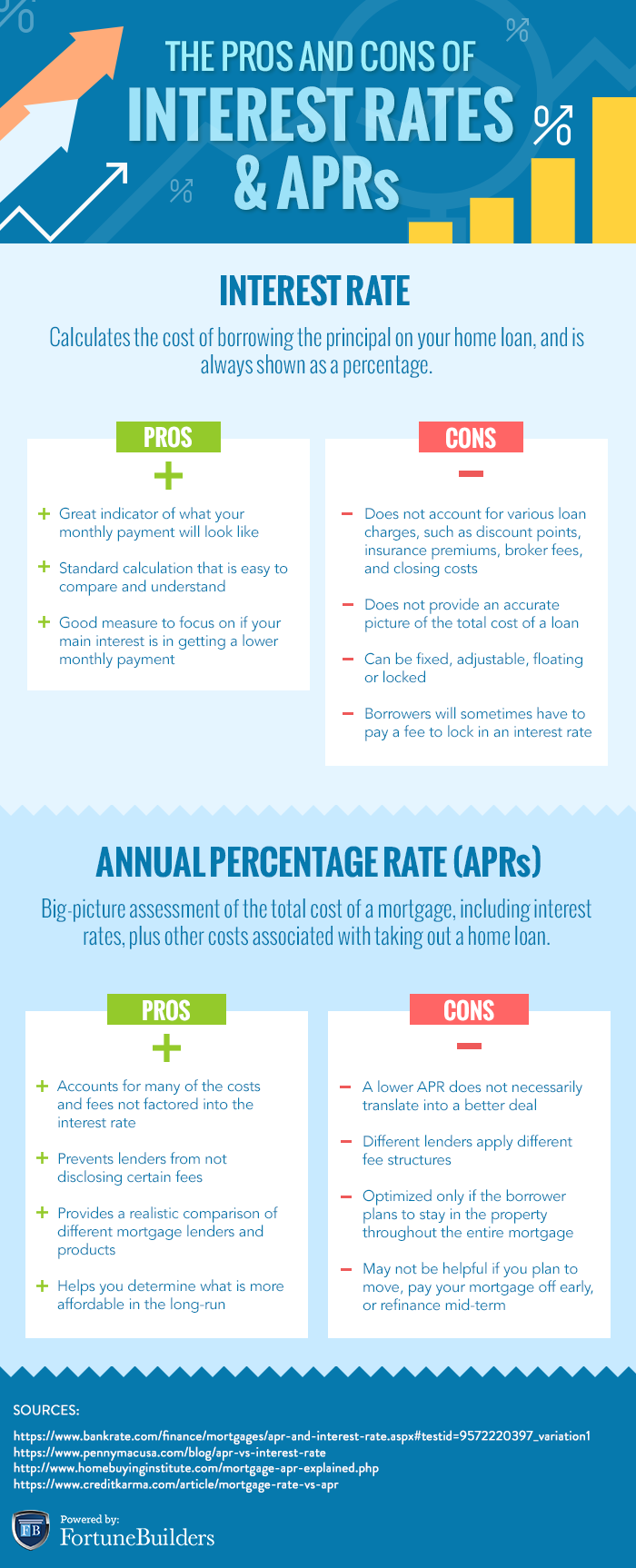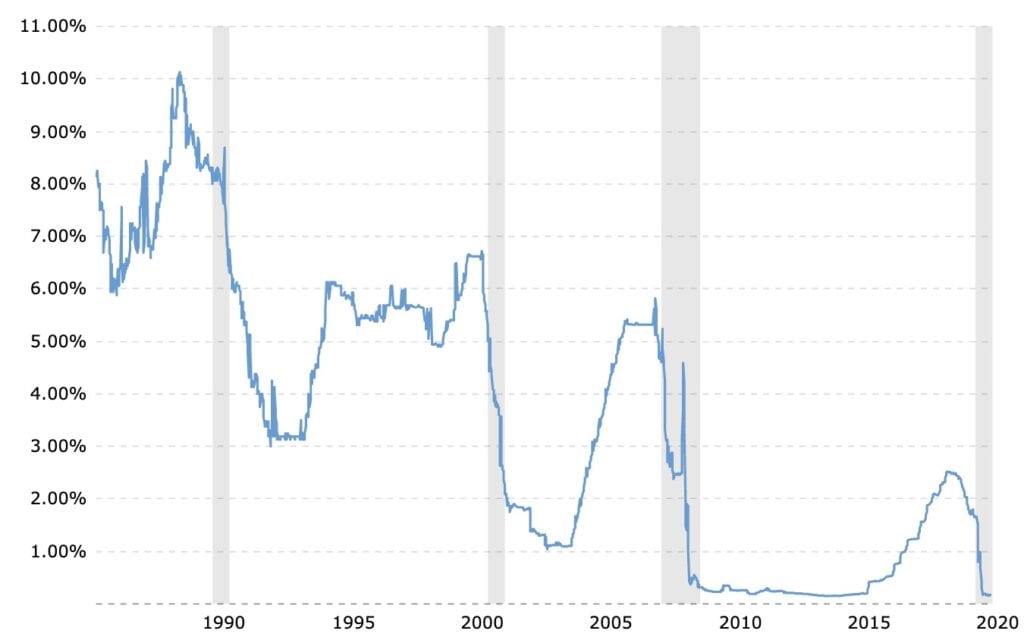However the loan likewise is due if the borrower offers the home or transfer to another house and leas the house that is the security for the reverse home mortgage. Normally the home is sold and the sale proceeds are used to pay the reverse home loan. However if the property owner or the house owner's successors have enough funds, they can use those funds to pay the reverse home mortgage and keep the house.
When the loan balance is more than the sale earnings of the house, the federal government compensates the loan provider for the distinction. The house owner's estate and beneficiaries don't have to make up the distinction, when the loan was federally insured. It's likely that the beneficiaries or estate of the house owner will receive little or no equity from the sale of the house in numerous cases.

The executor and the heirs also must be informed if the reverse home mortgage is federally-insured so they will know the lender can't look for from them anything beyond the sale profits of the home. When the sale continues surpass the outstanding loan balance, the estate or the beneficiaries receive the excess quantity.
The loan profits can be utilized for any spending however usually are used to spend for monthly living xm cancel number expenditures, home maintenance and repairs, or long-lasting care offered in the home. The customer's credit merit does not matter, since the house equity backs the loan. The debtor just needs to reveal that his or Helpful hints her earnings is enough to pay the house's taxes and insurance coverage and preserve the home.
Facts About How Do Reverse Mortgages Work Example Uncovered
This makes reverse home loans a luring alternative for elders who do not receive a standard home equity loan or can not make regular monthly payments. Prospective debtors ought to know that there are fees and charges for taking out a reverse home loan, and these typically total up to 1% to 4% of the quantity of the loan.
It is essential to look around among lenders prior to selecting a reverse home mortgage. The regards to reverse home loans can differ significantly among loan providers. You may wind up with substantially more cash by using one loan provider rather of another. In next week's concern of Retirement Watch Weekly, I'll describe the various kinds of reverse home mortgages and the advantages and issues of each one.
That's why the results of my year-long examination are so important for EVERY AMERICAN to get a deal with on. Click here now to read my new findings and safeguard yourself from the financial devastation coming in 2021.
A reverse home loan works very in a different way from a conventional home mortgage: Instead of making payments to your loan provider, your loan provider pays to you. A reverse home loan provides house owners age 62 or older a flexible way to access their house's equity as their living requires change. A reverse home loan is a customized house loan that enables property owners who are 62 or older to convert their house equity into cash.
The 5-Minute Rule for What Does Arm Mean In Mortgages
In time, your loan balance grows and your equity shrinks. With a standard home loan, however, you reduce your balance with each payment and your equity increases for many years. The most typical kind of reverse home loan is a House Equity Conversion Home Loan (HECM) backed by the Federal Real Estate Administration (FHA).
For the functions of this short article, we'll concentrate on HECMs. A reverse mortgage gives you access to your house's equity as you age. what is wrong with reverse mortgages. Reverse home mortgage requirements are also different from those of a forward home loan. Here's a rundown of how a reverse mortgage works: The older you are when you get your reverse home loan, the more equity you have access to.
Older debtors on fixed incomes get rid of the expense of a regular monthly home loan payment. You will not go through the debt-to-income (DTI) ratio or credit rating requirements of routine home loans. However, you need to pay ongoing expenses like home taxes, house owners insurance and maintenance, or you could run the risk of losing your house to foreclosure - how do mortgages work in canada.
Nevertheless, the interest isn't tax-deductible until you sell the house or pay off the reverse home loan. Reverse home mortgages were produced to allow seniors to "age in place." If you don't live there full-time or need to move into an assisted living facility, the lender might foreclose. The FHA needs that you meet with a HUD-certified therapist to ensure you understand all of the advantages and disadvantages of reverse home mortgages.
Some Known Incorrect Statements About What Banks Do 100 Percent Mortgages
Reverse home mortgage rules limit just how much equity you can borrow, so it's unlikely you'll wind up undersea. However, if you do, mortgage insurance will cover any loan balance higher than the home's worth. A few of the drawbacks of reverse home loans are pricey costs. Reverse home loan loan providers can charge up to $6,000 for origination costs, and the in advance home loan insurance premiums of 2% of the house's value are greater than the majority of forward home mortgages.
You can pick from one or a combination of numerous payment options to gain access to house equity with a reverse home mortgage. Reverse mortgage rates of interest are normally adjustable rates, which indicates they might rise or tip over time, which can diminish your equity faster in a rising-rate environment. This option involves one large payment after your reverse loan closes.
Likewise called the "tenure" choice, you can choose regular month-to-month payments for as long as you or a co-borrower lives in the house as your main house If you simply need additional earnings for a few years, this choice enables how much are timeshare maintenance fees you to choose how lots of months you'll get routine month-to-month payments.
You can access the line as required till you have actually consumed the offered balance. You can pick a combination of monthly payments and a line of credit while you or a co-borrowing spouse are still living in your house. A mix of the line of credit, which can be added for additional funds in case you need more cash, and term payments.
The Single Strategy To Use For What Are The Interest Rates On Mortgages
HECMs are guaranteed by the FHA. There are no limitations on what HECM funds can be utilized for. Some state and city government agencies might provide these types of reverse home mortgages, but the funds can just be utilized to fulfill particular needs such as fixing a house or paying past-due property taxes.

Personal companies might offer their own reverse mortgages at loan quantities greater than HECM loan limits. You might likewise be able to get a bigger initial advance from an exclusive reverse home loan, but these loans also won't have the federal backing from the FHA and might be more costly. Pros You'll have more choices to utilize your home equity as your needs alter You can supplement a part of your retirement earnings You can utilize the reverse home loan funds as you desire You will not leave a monetary burden to your successors Your eligible non-borrowing partner can remain in the home after you pass away or vacate You may minimize your month-to-month housing expenses Tricks Your loan might be foreclosed if you don't live in the home full time Your loan balance rises with time Your equity drops over time You may decrease the quantity you're eligible to receive for other advantages You're lowering the inheritance value of your house You'll pay more for reverse home mortgage closing costs Financial abuse of seniors has actually ended up being a multibillion-dollar problem in the United States.